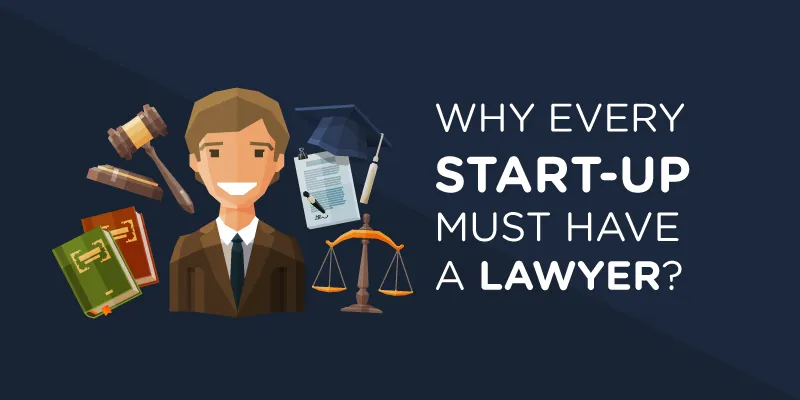Why every startup must have a lawyer
Every business enterprise requires sound legal advice and expertise to handle its day-to-day affairs and carry out its managerial tasks effectively. The element of risk inherent in the establishment of a business can be countered by hiring a good lawyer who is able to guide and carefully scrutinise the actions of the company.

Image : Shutterstock
There are a multitude of issues that a startup has to deal with. These may fall under any of the several following categories:
- Incorporating the business entity
- Acquiring intellectual property
- Negotiating the terms for hire, termination, and compensation to employees;
- Raising of capital
- Holding regular board meetings
- Ensuring company officials honour their duties to shareholders
- Advertising in compliance with government rules
- Entering into agreements to partner with other companies
- Maintaining user privacy
- Selling things online
- Responding to government requests for user data
Broadly speaking, for any startup, the services of a lawyer could be utilised in the following areas:
Incorporation
The real advantage of engaging a lawyer at the incorporation stage is not just in getting the necessary paperwork done. It is in helping with the choice of legal entity, that is, whether a startup should choose to become a corporation or a limited liability company (LLC). A lawyer can advise you on which is the better way to organise your business and also help you analyse issues related to tax and licenses.
Business Contracts
It’s essential for a startup to take reasonable steps in order to control risk in their interactions with third parties and the public. It would require the drafting of standard form contracts with customers, clients and employees. A lawyer could also help in negotiating the terms of the contracts that other entities want to sign with the start-up. This includes establishing the terms of service for websites and license agreements for software.
Dispute Resolution
Disputes between business owners, particularly in small and family businesses, are common. Disputes may result out of a breach of obligations arising from a contract. The best way to avoid disputes and litigation is by drafting a well-structured shareholders’ agreement incorporating the clause of dispute resolution mechanism. Outlining conflict resolution provisions in the company’s governing documents provides the courts with a pathway to enforce the delegation of decision-making that made everyone agree to the deal in the first place.
Intellectual Property
A lawyer could help a startup in registering its name and/or products and services for trademark and copyright protection. Part of that is the use of confidentiality agreements. These agreements should explicitly provide for the scope of confidentiality, secrecy obligations, any secrecy obligation exceptions, security fees, liability for breach of the agreement and other provisions specifically related to the startup, if necessary. A startup may also need to defend itself against frivolous claims filed by a competitor alleging any infringement of intellectual property.
Cyber Security
An increasing number of business activities are being done online, and this exposes them to the vulnerabilities of cyberspace. Ensuring safety in cyberspace can prevent businesses from becoming victims of cyber frauds and/or crimes. The filing of lawsuits and recovery of compensation in cases of huge financial losses would require the assistance of a lawyer.
Entrepreneurs are, by definition, risk takers. Engaging a good lawyer can help avert these risks for the businesses and enable them to build a thriving and competing culture. It is therefore advisable for a startup to hire their lawyer and keep him or her informed of what’s happening in the business so that they can address potential problems beforehand and cut impending costs.
(Disclaimer: The views and opinions expressed in this article are those of the author and do not necessarily reflect the views of YourStory.)







